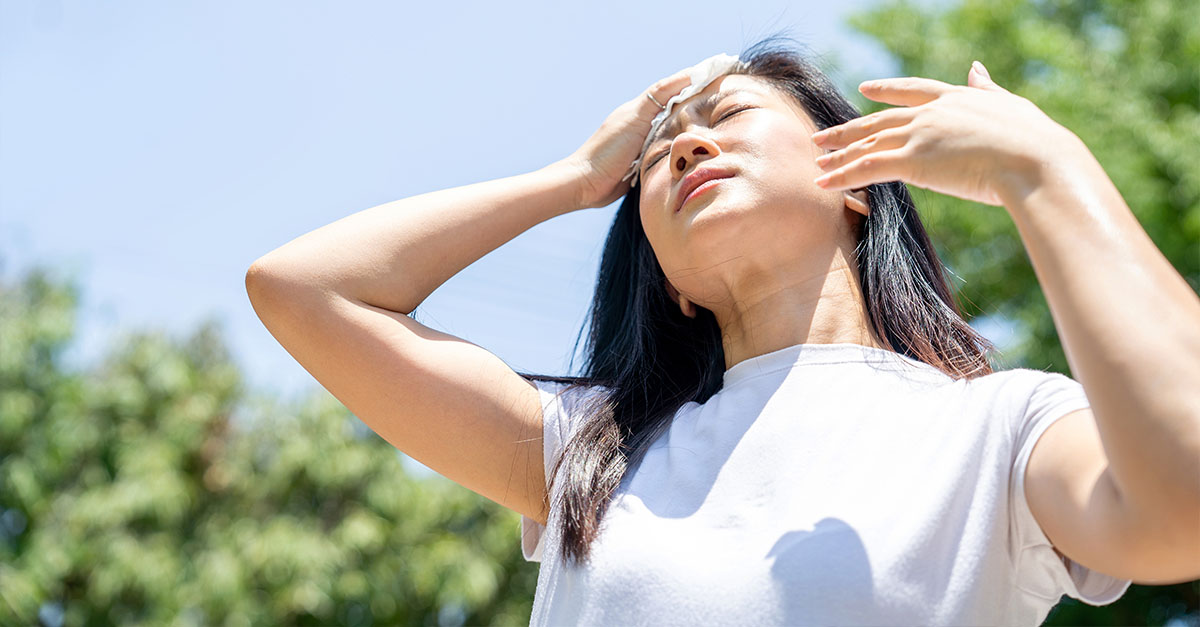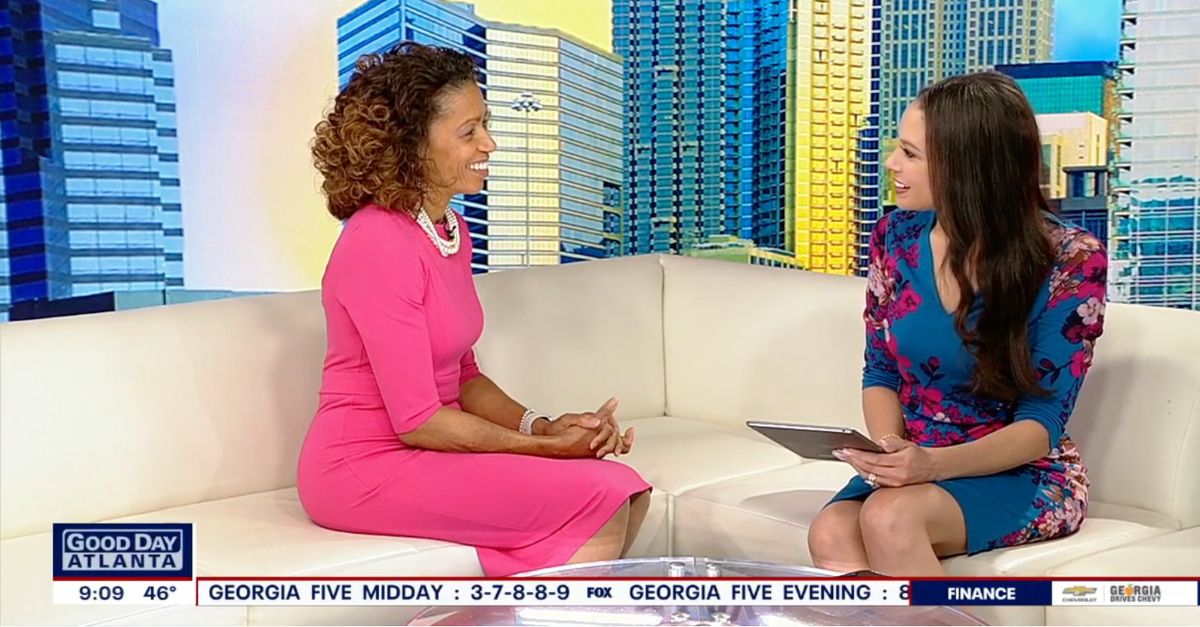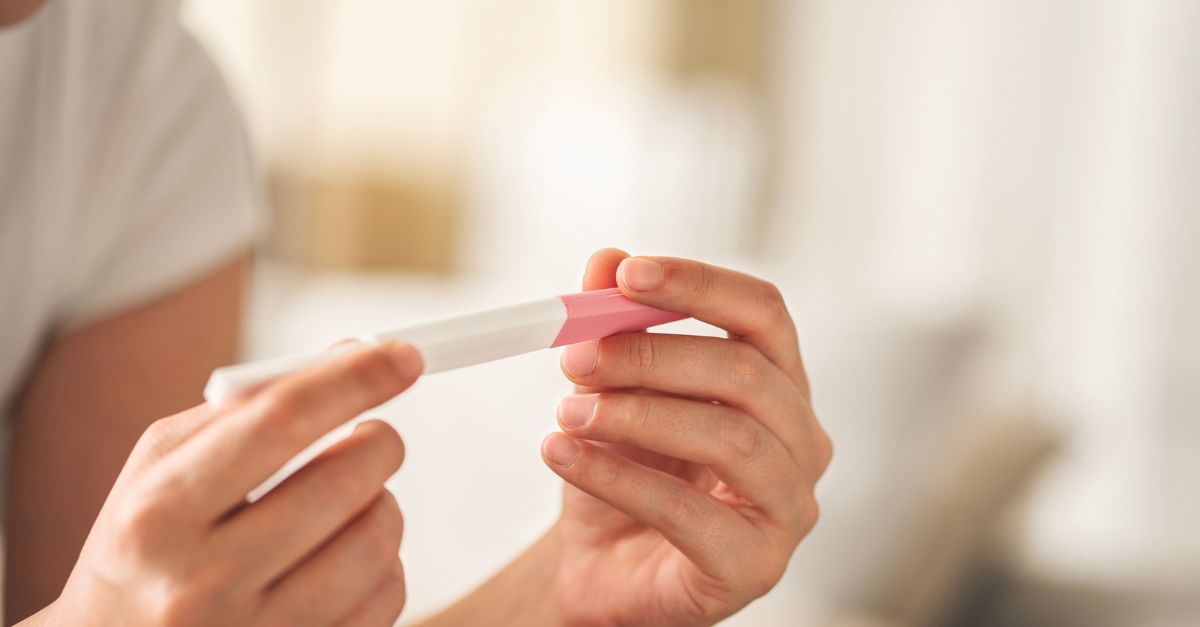When the air is heavy with heat and humidity, everything tends to feel a little less pleasant. But is it possible that your period might indeed be more intense in the summer? While there’s limited data on how heat affects menstrual cycles, what we do know is that it’s likely not in your head — there are scientific reasons why that time of the month might seem worse this season.
Here, we explore possible explanations, along with ways to cope with your period in hot weather.
Why Getting Your Period in Summer Feels Worse
In itself, summer heat may not make your period worse. But excess heat and humidity can certainly make the symptoms you experience before and during your period feel more severe — here’s why.
- Increased Fluid Retention: Water retention is a common reaction to both hot weather and estrogen changes leading up to your period, meaning you may feel extra bloated if you’re PMSing during a heat wave.
- Dehydration: Being dehydrated can affect your body in many ways – some of which can overlap with period symptoms. For instance, you can experience muscle cramps and headaches if you’re not getting enough fluids, compounding menstrual symptoms like cramping and head pain related to hormones.
- Elevated Temperatures: Your body temperature spikes as your period approaches. Combine this with soaring outdoor temperatures, and it’s no wonder why you might feel as if you’re melting.
- Shorter Cycles: Though data is limited, one 2011 Russian study linked the summer season – and specifically, increased sunlight – to shorter menstrual cycles. Stock your period essentials a couple days early to avoid getting caught in a pinch.
Does Heat Make You Bleed More on Your Period?
Research on causes behind variations in menstrual flow has been limited. We know that higher temperatures and humidity can increase blood flow in general, and your body may circulate up to twice as much blood each minute as it tries to distribute heat. Some changes in blood volume may therefore be normal, but talk to your provider if you notice significant differences. Heavier bleeding could indicate gynecological issues such as fibroids, so allow our team to help identify the root cause of any cycle irregularities.
How to Deal with Periods in Summer
Periods may never feel as refreshing as a vacation or spa day — especially when a heat wave already has you feeling uncomfortable. But there are ways to get relief when menstruation and summer weather converge to create the perfect storm.
- Hydrate. To prevent dehydration and its unpleasant effects, drink plenty of fluids when the weather is hot. Carry a refillable water bottle, and consider using an app or setting alarms on your phone to remind yourself to take sips.
- Wear breathable fabrics. Since you sweat more in the summer, be sure to wear breathable materials to avoid throwing off your vaginal pH. Consider wearing loose, cotton underwear, and change your pad or tampon frequently.
- Skip salty foods and alcohol. These can worsen bloating, so you may want to avoid or limit them when you’re already retaining water before or during your period.
- Keep cool. Try to stay indoors on hot days when you know your period symptoms will peak. If you have to head out, use a misting fan, cooling towel, or a hat to stay comfortable.
Schedule an Appointment With Rosa Gynecology
Whether you’ve noticed a change in your cycle or you’re seeking relief from intense periods throughout the year, Rosa Gynecology can help. Set up an appointment with one of our caring providers by calling 770-487-9604 or by using our online scheduler.




